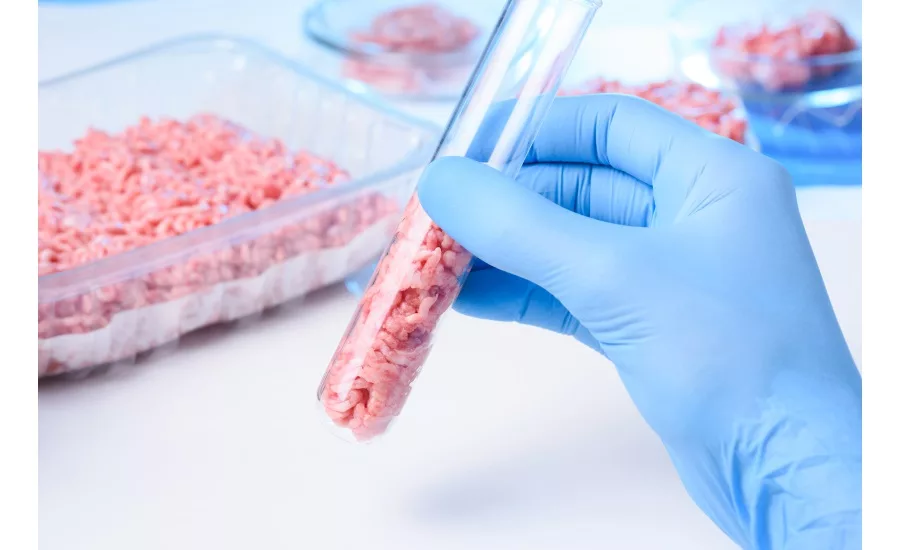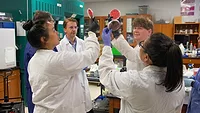International Interlaboratory Scientific Study for Standardization of Next-Generation Sequencing in Food Authenticity Testing
Government and Industry-Leading Organizations are Among the Laboratories Signed Up to Test the Accuracy and Consistency of Thermo Fisher Scientific's NGS Authenticity Workflow.

Thermo Fisher Scientific is working with governmental, industry, and contract testing laboratories to create a standard dataset that will accelerate the use of next-generation sequencing (NGS) in food authenticity, by giving analyzers the ability to test with confidence.
The pioneering NGS method, which detects multi-species DNA in food and ingredient samples, has the potential to tackle food fraud—a global problem that puts lives at risk, decimates reputations, and costs the industry an estimated $10-$40 billion in losses each year.
But while it is a subject of ISO Technical Committee 34/SC 16, there is currently no gold standard method of introducing next generation sequencing to food authenticity testing. With no standardized approach to follow, laboratories are forced to use workarounds and locally developed workflows that are heavily reliant on in-house expertise and introduce the potential for error. These organizations work within complex, time-consuming, unvalidated frameworks that involve various analytical tools, reference libraries, and result interpretation methods. It means they can often lack confidence in their results, in the integrity of ingredients, and in regulatory compliance.
Governmental laboratories from Germany, Italy, and Austria, as well as industry leaders Nestlé Research Center and Barilla, are among those who have joined an inter-laboratory study of the Thermo Scientific NGS Food Authenticity Workflow for multi-species screening and identification. In all, 12 laboratories from multiple European countries are taking part, in a bid to demonstrate that the first, end-to-end, simplified workflow can provide robust, consistent data within meat, fish, and plant testing.
Each laboratory will receive multiple samples per target, including food and ingredients that have undergone different types of processing as well as pure material mixed at spiked DNA levels. Each laboratory will use the Thermo Scientific NGS Food Authenticity Workflow, consisting of the end-to-end consumables, instruments and software to carry out a single NGS test to detect and identify all species within the sample. Full results are expected within the coming months.
For more information about the Thermo Scientific NGS Food Authenticity Workflow, visit www.thermofisher.com/food-authenticity-ngs.
Thermo Fisher Scientific | www.thermofisher.com
Looking for quick answers on food safety topics?
Try Ask FSM, our new smart AI search tool.
Ask FSM →








